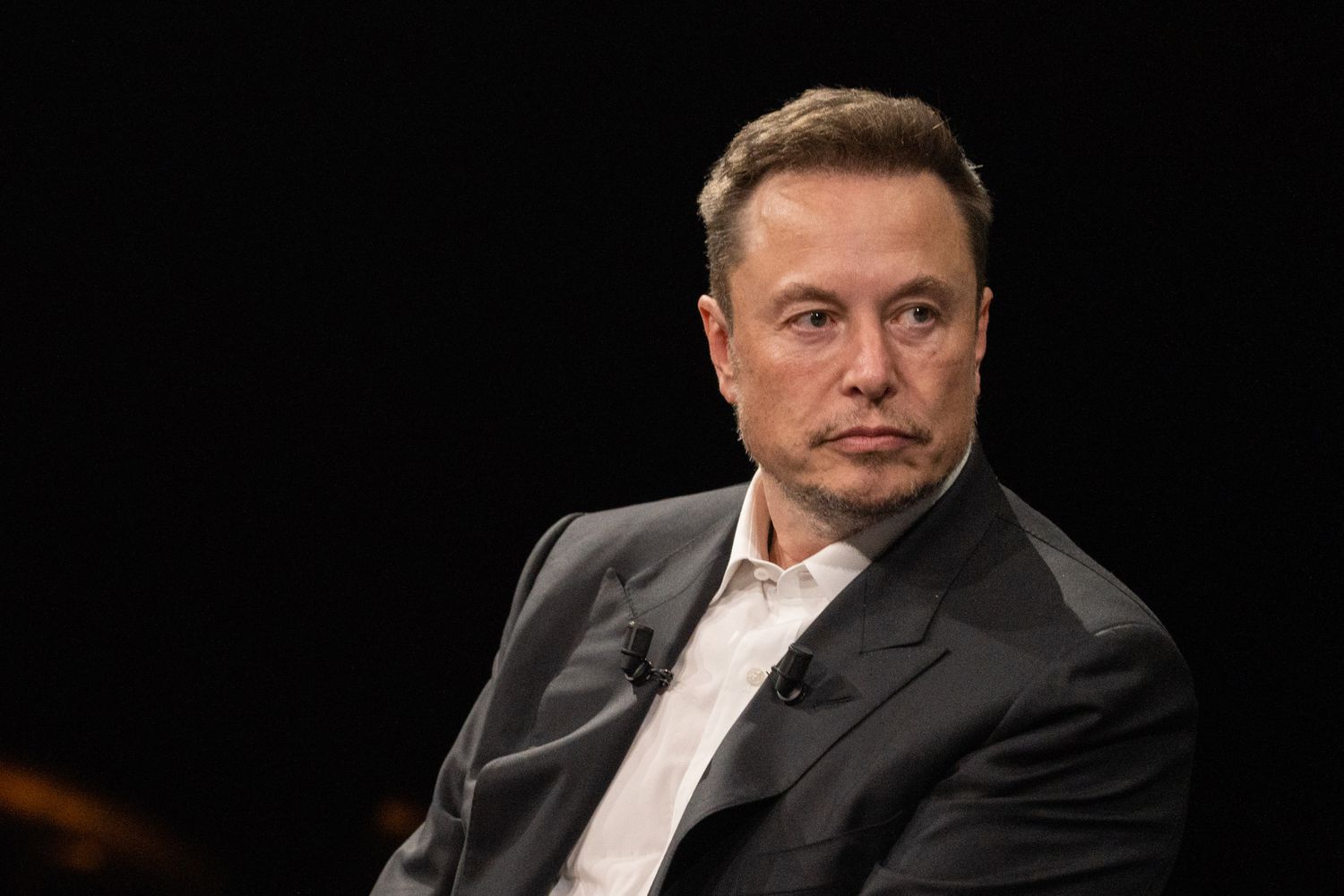Brazil’s recent decision to ban X, formerly known as Twitter, has intensified the ongoing dispute between Elon Musk and Brazilian authorities over disinformation on his social media platform. This ban offers a cautionary example for democracies grappling with the challenge of balancing freedom of expression with information integrity, especially in the run-up to elections.
The Brazilian judiciary’s authority to demand the removal of specific posts and accounts is a double-edged sword, with concerns that a total ban could fuel accusations of censorship and further fragment the global internet. “Blocking an entire platform is seen as a drastic measure,” said Veridiana Alimonti from the Electronic Frontier Foundation, noting the complexities involved when platforms host both legal and illegal content.
While other governments are similarly combating fake news and harmful content on X, Europe and the US are unlikely to follow Brazil’s lead. This reluctance is due to limited legal authority and the political risks associated with confronting Musk, who has aligned himself with right-wing figures and endorsed Republican Donald Trump in the upcoming US election.
The conflict between Musk and Brazilian Supreme Court Justice Alexandre de Moraes has escalated into a broader ideological battle, with Musk’s right-leaning supporters rallying against the ban. The Supreme Court’s scrutiny of X stems from its investigation into whether disinformation on the platform contributed to the storming of public buildings by supporters of former President Jair Bolsonaro in January 2023. Musk’s open support for Bolsonaro has fueled tensions, with Moraes investigating potential obstruction of justice by Musk and X—claims the billionaire and his company deny.
The departure of X’s head of global affairs, Nick Pickles, adds to the platform’s woes. Since Musk’s acquisition of X in late 2022, the company has faced increasing scrutiny, particularly after significant staff cuts and disruptions in its disinformation management efforts. While X has complied with content removal requests in countries like India and agreed to EU demands regarding user data, it continues to resist Brazilian authorities’ demands.
The European Union has issued warnings and imposed regulations under the Digital Services Act, including a potential fine of up to 6% of revenue for non-compliance. However, the EU’s approach has limitations, with some policymakers recognizing that high fines alone may not be sufficient to address non-compliance effectively. Similarly, US regulations, constrained by Section 230 of the Communications Decency Act, offer limited recourse for removing harmful content, with the Biden administration opting for a more hands-off approach regarding disinformation.
In contrast, Brazil’s legal framework provides stronger measures against content deemed harmful to democracy, though this has led to accusations of overreach. The debate over X’s ban highlights deep divisions in Brazil, with significant public opinion split on the court’s decision.
Musk’s resistance to the ban, supported by Bolsonaro’s followers who are planning demonstrations, reflects broader geopolitical and ideological conflicts. The standoff continues to affect Musk’s other ventures, including Starlink and SpaceX, which have faced complications due to the ongoing dispute.
The situation underscores the difficulties in navigating free speech and regulatory measures in the digital age, as governments and platforms grapple with the implications of disinformation and censorship in a global context.
Trump Says Elon Musk Unlikely To Join His White House Cabinet But Could Serve As Consultant





